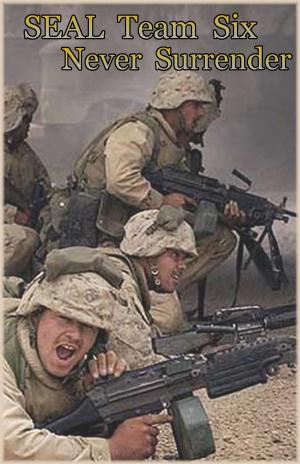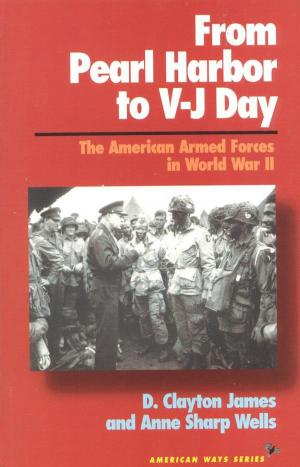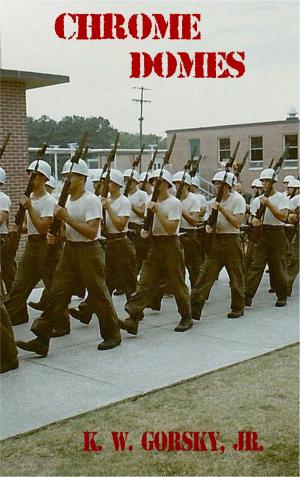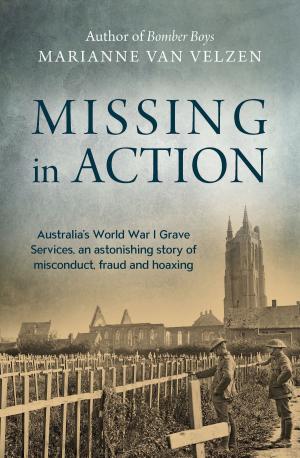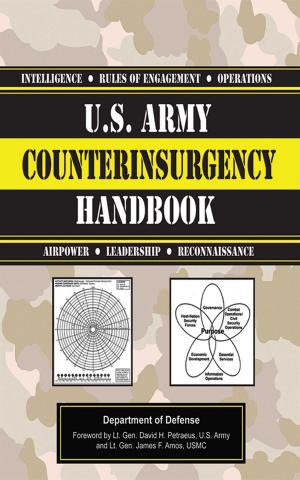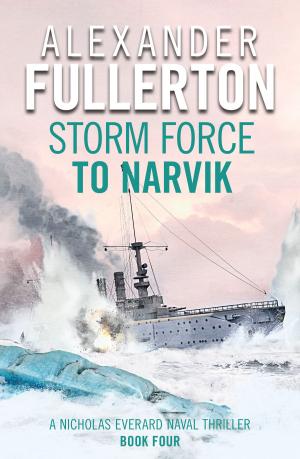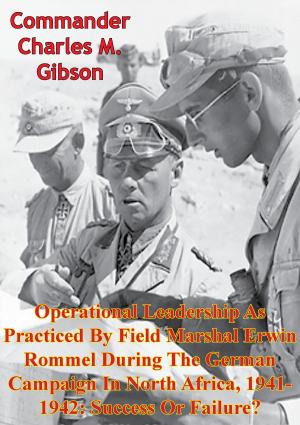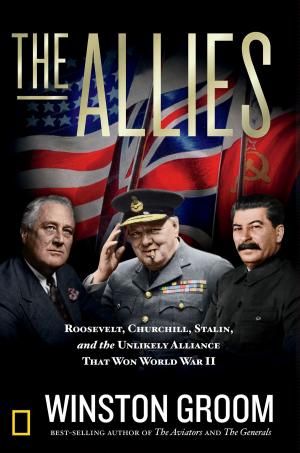| Author: | William Gibson White | ISBN: | 9781452442471 |
| Publisher: | William Gibson White | Publication: | March 1, 2012 |
| Imprint: | Smashwords Edition | Language: | English |
| Author: | William Gibson White |
| ISBN: | 9781452442471 |
| Publisher: | William Gibson White |
| Publication: | March 1, 2012 |
| Imprint: | Smashwords Edition |
| Language: | English |
Up from the troopship's hold, a cold fog hung like death in the darkness between them and the coast of North Korea. The damp, cold night smelled of salt spray and burning diesel, as the ship tossed and rolled in the Sea of Japan. Soon large snowflakes fell in a blizzard. Victor's breath froze on his eyebrows. He would have gotten seasick again if he hadn’t been so scared. A chilling wind cut right through the layers of clothing—overcoat, field jacket, dungaree uniform and long underwear. His feet stayed warm in the cold-weather boots as long as he kept moving.
His heart pounded, as he heard the subdued purr of the diesel engines of the LST (landing ship tank), as it grated and scraped—steel on steel —against the side of the ship. (Marines were noted for amphibious warfare. they were supposed to be trained for it. He wasn’t. Victor was about to get some on-the-job training.) The trick was to climb down the icy rope mesh into the LST without falling. A fall between the ship and the LST would end with a squashed Marine, and it would be tough shit. If he fell into the water carrying all that gear, the results would be the same.
On his back he carried a field marching pack, stuffed with enough gear to last a week or longer in the field if necessary, a blanket roll which included a shelter half (half of a tent) with tent pegs and center pole and a poncho with the brown side out. There was an entrenching tool on the pack. On his waist was a cartridge belt. On it hung a bayonet, first aid pack, and a full canteen of water. The 9.5-pound M1 rifle was slung over his back plus the seabag that contained his cold weather gear. Then there was the steel helmet on his head. All of it weighed about a hundred pounds. And the thermal boots were bigger and heavier than the regular field shoes and awkward to walk in, much less climb down the icy rope mesh.
For a moment, thinking about it, Victor panicked inside, but when the order came to move out he was all right. Purposely, he didn’t wear gloves because he was afraid he might lose his grip. By the time he got down his hands were warm and ached from gripping the ropes so tight. His only mishap was he jumped into the LST instead of climbing all the way down, and his head went forward too quickly, throwing the heavy helmet against his rifle barrel. His neck ached for a while, and his ears rang.
When they got under way they were issued four clips for their cartridge belt and two bandoleers of .30 cal. ammo. It was at this time he realized this was no longer just a silly game. Our government would demand that he kill somebody and he didn’t want to . . . .
Long before Korea, Victor fought another war. It started when he was eight year's old at a tent revival and had not yet ended.
“Sinners!” the man screamed: “We are all sinners! they will spend eternity burning in hell, if they do not believe! But Jeeesus will save us! He died for our sins!”
Brother Dave got Victor's attention. He yelled, screamed and cried! "Jesus died for us so they can see God when they die. Accept Him as your savior!"
Victor did not understand, but felt guilt. Why? Had he unknowingly committed other crimes? How? He was only a kid. But the preacher said they were all guilty of nailing Jesus to a cross and killing Him. It seemed a ridiculous story. Yet all the adults agreed. Victor's doubt left him with guilt and no comfort.
Now his mission was to kill for that loving God and his country. Complete absurdity? His doubt continued. If he lived, he would attempt to solve this mystery . . . .
Up from the troopship's hold, a cold fog hung like death in the darkness between them and the coast of North Korea. The damp, cold night smelled of salt spray and burning diesel, as the ship tossed and rolled in the Sea of Japan. Soon large snowflakes fell in a blizzard. Victor's breath froze on his eyebrows. He would have gotten seasick again if he hadn’t been so scared. A chilling wind cut right through the layers of clothing—overcoat, field jacket, dungaree uniform and long underwear. His feet stayed warm in the cold-weather boots as long as he kept moving.
His heart pounded, as he heard the subdued purr of the diesel engines of the LST (landing ship tank), as it grated and scraped—steel on steel —against the side of the ship. (Marines were noted for amphibious warfare. they were supposed to be trained for it. He wasn’t. Victor was about to get some on-the-job training.) The trick was to climb down the icy rope mesh into the LST without falling. A fall between the ship and the LST would end with a squashed Marine, and it would be tough shit. If he fell into the water carrying all that gear, the results would be the same.
On his back he carried a field marching pack, stuffed with enough gear to last a week or longer in the field if necessary, a blanket roll which included a shelter half (half of a tent) with tent pegs and center pole and a poncho with the brown side out. There was an entrenching tool on the pack. On his waist was a cartridge belt. On it hung a bayonet, first aid pack, and a full canteen of water. The 9.5-pound M1 rifle was slung over his back plus the seabag that contained his cold weather gear. Then there was the steel helmet on his head. All of it weighed about a hundred pounds. And the thermal boots were bigger and heavier than the regular field shoes and awkward to walk in, much less climb down the icy rope mesh.
For a moment, thinking about it, Victor panicked inside, but when the order came to move out he was all right. Purposely, he didn’t wear gloves because he was afraid he might lose his grip. By the time he got down his hands were warm and ached from gripping the ropes so tight. His only mishap was he jumped into the LST instead of climbing all the way down, and his head went forward too quickly, throwing the heavy helmet against his rifle barrel. His neck ached for a while, and his ears rang.
When they got under way they were issued four clips for their cartridge belt and two bandoleers of .30 cal. ammo. It was at this time he realized this was no longer just a silly game. Our government would demand that he kill somebody and he didn’t want to . . . .
Long before Korea, Victor fought another war. It started when he was eight year's old at a tent revival and had not yet ended.
“Sinners!” the man screamed: “We are all sinners! they will spend eternity burning in hell, if they do not believe! But Jeeesus will save us! He died for our sins!”
Brother Dave got Victor's attention. He yelled, screamed and cried! "Jesus died for us so they can see God when they die. Accept Him as your savior!"
Victor did not understand, but felt guilt. Why? Had he unknowingly committed other crimes? How? He was only a kid. But the preacher said they were all guilty of nailing Jesus to a cross and killing Him. It seemed a ridiculous story. Yet all the adults agreed. Victor's doubt left him with guilt and no comfort.
Now his mission was to kill for that loving God and his country. Complete absurdity? His doubt continued. If he lived, he would attempt to solve this mystery . . . .


